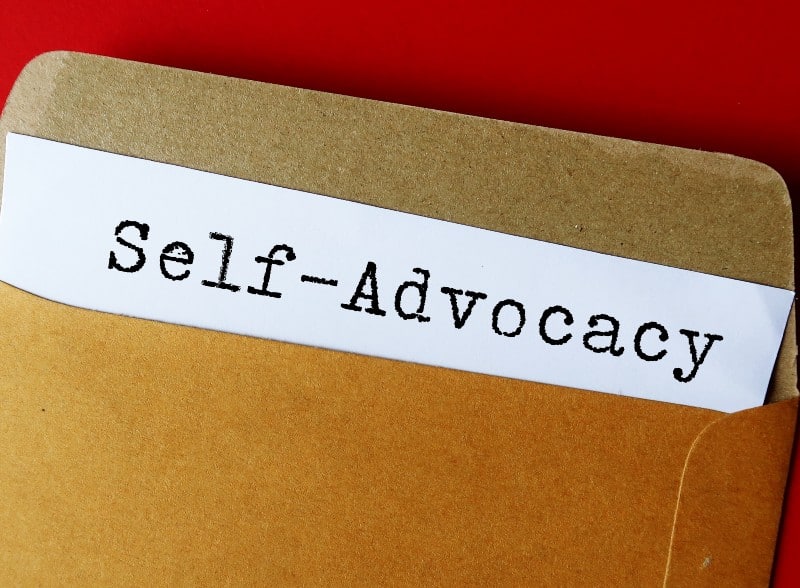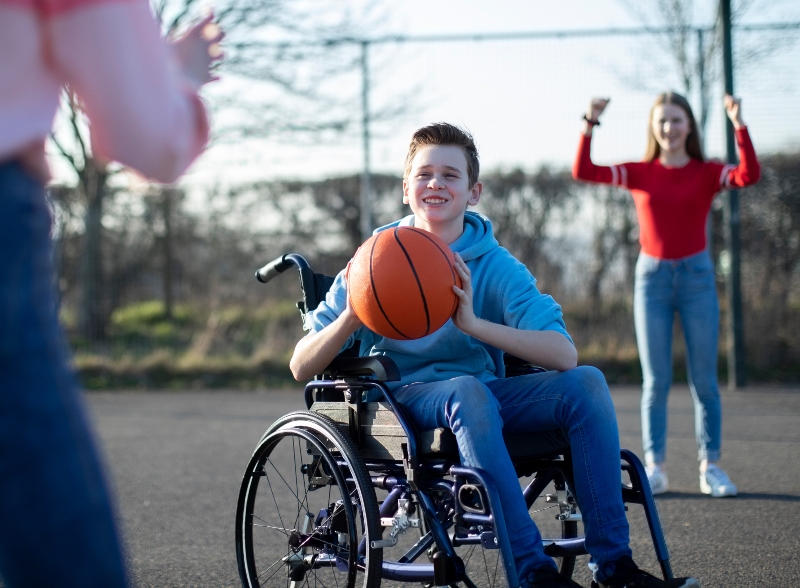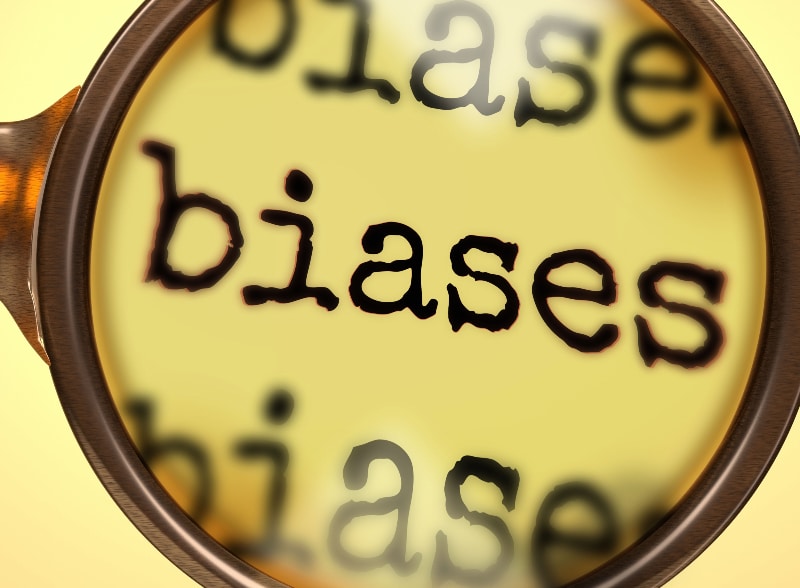
Autism Conference Talk: Principles of Good Autism Practice in Schools
Watch this comprehensive summary of good educational practice for schools supporting autistic pupils with Professor Karen Guldberg. Many autistic children are excluded to some extent from learning at school – from official exclusions to unofficial ones such as reduced timetables. Professor Guldberg provides the eight principles of good autism practice in a way that can easily be applied to any educational setting.













